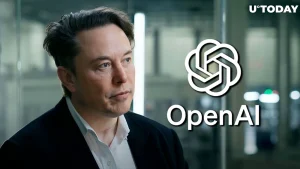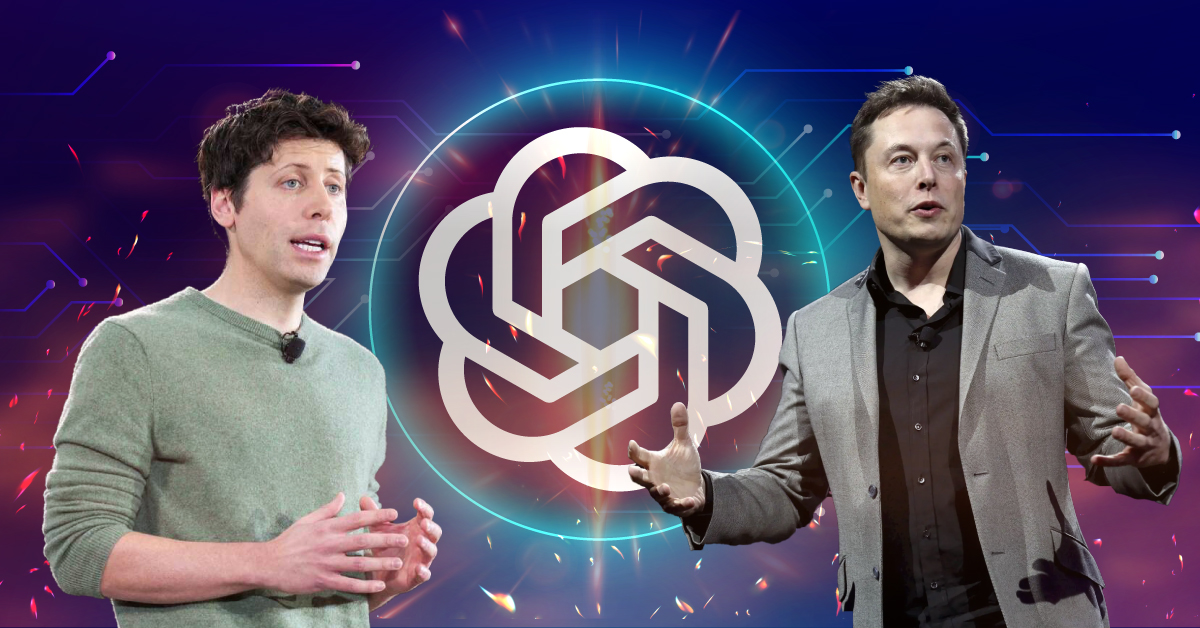A Crossroads for AI: Ethics, Power, and Profit
In a move shaking Silicon Valley to its core, Elon Musk has launched a staggering $97.4 billion bid to acquire OpenAI—an audacious attempt not only to reclaim influence but also to redirect the philosophical trajectory of artificial intelligence.
But this isn’t just a headline-grabbing offer. It’s a battle of ideologies. At stake is whether the future of AI remains guided by open-source, nonprofit values—or whether it becomes dominated by profit-driven enterprises fueled by massive capital.
Why Musk Is Going All-In
Musk’s offer isn’t about financial control alone. It’s a direct challenge to OpenAI’s evolving identity. Co-founding the organization in 2015 alongside Sam Altman, Musk originally envisioned a nonprofit institution committed to building AI for the collective good—free from corporate agendas.
However, after parting ways in 2018 due to creative and structural disagreements, Musk has grown increasingly critical of OpenAI’s shift towards commercialization. In recent statements, Musk didn’t mince words:
“OpenAI needs to return to its original mission. We will ensure that happens.”
His bid is a strategic blockade against OpenAI’s recent for-profit moves—moves he sees as a betrayal of the company’s founding vision.
Musk vs. Altman: A Philosophical Rift Becomes Personal
The tension between Musk and OpenAI CEO Sam Altman has reached a boiling point. Musk accuses OpenAI leadership of abandoning ethical roots in pursuit of valuation. In contrast, Altman sees Musk’s proposal as both hostile and unserious.
In a note to employees, Altman allegedly brushed off the bid, quipping on social media:
“Appreciate the offer, but we’ll take Twitter for $9.74 billion instead.”
Beyond the sarcasm lies a deeper divide: Should AI be an open-access utility or a competitive, monetized technology?
That disagreement now defines the power struggle between these two titans.
The Power Players Behind Musk’s Bid
Backing Musk is a heavyweight consortium that includes:
-
xAI – Musk’s own AI venture, launched in 2023 and already valued at $40 billion.
-
Baron Capital Group and Emanuel Capital – Veteran investment firms known for aggressive tech bets.
xAI recently secured $6 billion in funding, setting the stage for what could become a merger with OpenAI should the acquisition succeed. The combined force would create a superpower in the AI world.
Still, raising nearly $100 billion is no small feat—even for Musk. After spending $44 billion to acquire Twitter (now X), analysts say his liquidity is tight. If the deal goes forward, Musk might need to tap his Tesla shares or SpaceX equity.
OpenAI’s Meteoric Rise and Its New Valuation Goals
OpenAI is no longer the small lab it once was. The company is now among the most valuable privately held tech firms globally, thanks to its flagship products like ChatGPT and DALL·E.
In its latest valuation, OpenAI reached a $157 billion mark. Now, SoftBank is reportedly preparing to lead a $40 billion funding round, which could push OpenAI’s worth to $300 billion.
Musk’s move introduces uncertainty into this capital-raising effort. Investors are suddenly caught in a tug-of-war between two different futures for AI—one led by OpenAI’s commercial momentum, and the other by Musk’s call for open-source integrity.
Governance at a Crossroads: Ethics vs. Economics
This showdown raises a fundamental question:
Should the world’s most powerful AI technologies be governed by public interest or private capital?
Jonathan Macey, a corporate governance expert at Yale Law School, weighed in:
“When a nonprofit pivots to profit, its duty to original beneficiaries doesn’t just vanish. If they reject a higher offer in favor of aligned interests, that raises legal and ethical concerns.”
The debate is no longer academic. With Musk’s bid on the table, OpenAI’s board must reconcile its fiduciary duty with its founding mission. Can profit and principle coexist?
Potential Legal and Regulatory Hurdles
Even if the board considers Musk’s offer, a deal of this scale will attract the attention of regulators. Antitrust authorities in the U.S. and abroad may scrutinize how such a merger could concentrate control of next-gen AI technologies in a single entity—especially one already as dominant across industries as Musk.
Moreover, OpenAI’s hybrid structure—a nonprofit controlling a for-profit subsidiary—adds complexity. Who gets to decide? The board? The investors? The mission itself?
What Comes Next?
Nothing is set in stone yet. OpenAI’s leadership appears disinterested in Musk’s offer—for now. But mounting pressure from investors, ethics experts, and industry analysts may force a reassessment.
Meanwhile, Musk’s consortium is preparing for a prolonged engagement. If the bid fails, expect him to continue building xAI as a rival force in the AI space. But if the bid gains traction, OpenAI could undergo a radical transformation.
Conclusion: A Defining Chapter in AI History
Elon Musk’s $97.4 billion play for OpenAI isn’t merely about control. It’s about identity, direction, and the soul of artificial intelligence.
Will AI be guided by transparency and shared benefits—or by profits, platforms, and power?
Will OpenAI stand firm on its current path—or pivot once again to its original promise?
As tech giants jockey for control of humanity’s most transformative tool, one thing is certain: This is not just another corporate deal. This is a turning point for the entire future of AI.

What Do You Think?
Is Musk right to challenge OpenAI’s for-profit direction? Or is commercialization a necessary step for real-world innovation?
Join the conversation. The future of AI might just depend on it.

Leave a Reply